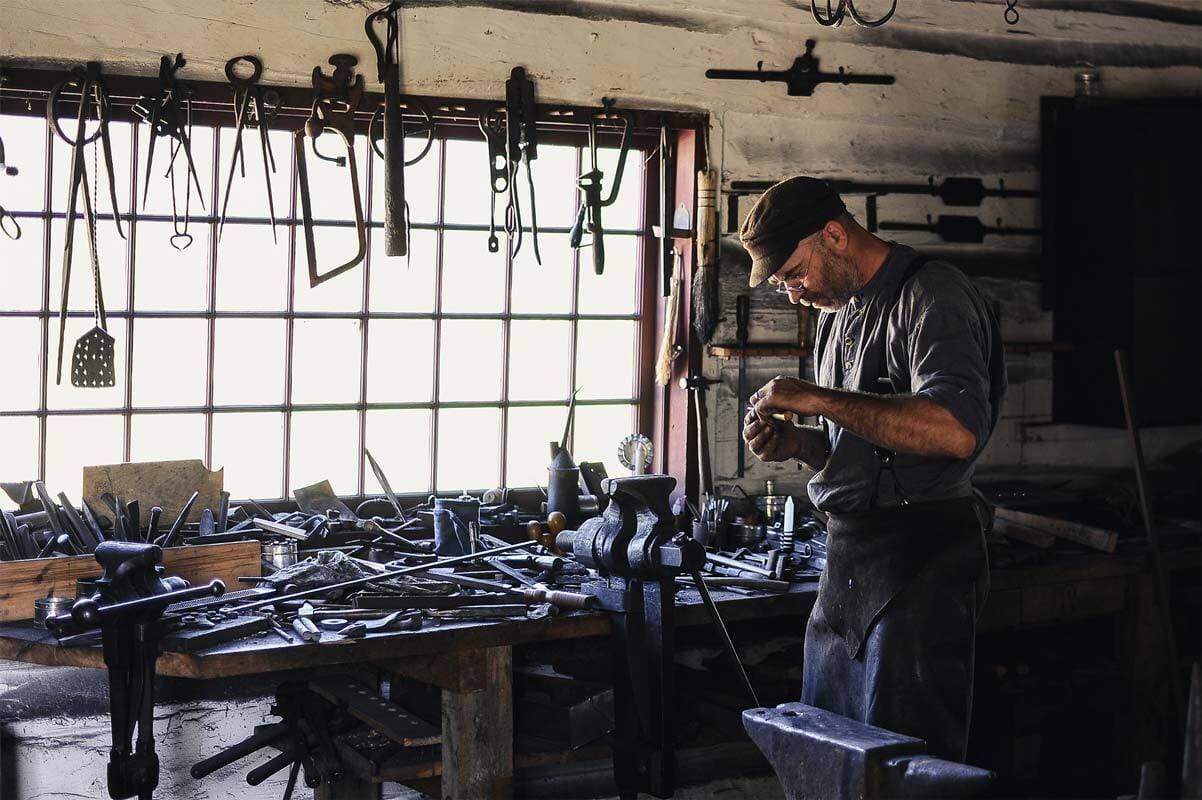
While education is often seen as the key to success, with college as the typical post-high school path, it’s important to recognize that there are alternative routes to achievement. These lists serve to inspire both you and your child, showcasing real individuals with Klinefelter syndrome who have overcome various obstacles. Many of them have earned multiple degrees and certifications.
For those of us who learn differently, there are numerous options available to adapt to our unique styles of learning, such as seeking additional support through tutors, learning centers, and special education classes. School isn’t solely about academics; it’s also a journey of developing social skills over time.
As the world progresses and technology advances, we see the emergence of creative schools, technical institutes, and hands-on learning environments, where individuals with Klinefelter syndrome often flourish.


Do you remember your first job? For many of us, it began with weekly chores to earn our allowance. Some start working in high school, while others do so to support their families. Regardless of when it starts, a first job is a memorable experience.
A job plays a crucial role in gaining independence and understanding how the world operates. While money is essential for survival, true fulfillment comes from independence and contributing value to society.
Success is subjective, varying based on individual expectations. We’re compensated for our value, not just our time. Whether one values money, quality time, friendships, or travel, achieving dreams requires work.
Ryan’s grandfather, who lived nearly to his 105th birthday, instilled in him the importance of hard work and perseverance. He emphasized the value of building a strong foundation early in life.
Individuals with XXY from around the world have shared their real-life experiences and careers, showcasing their extraordinary qualities. Each job reflects dedication and hard work, making them not just ordinary, but extraordinary individuals.



